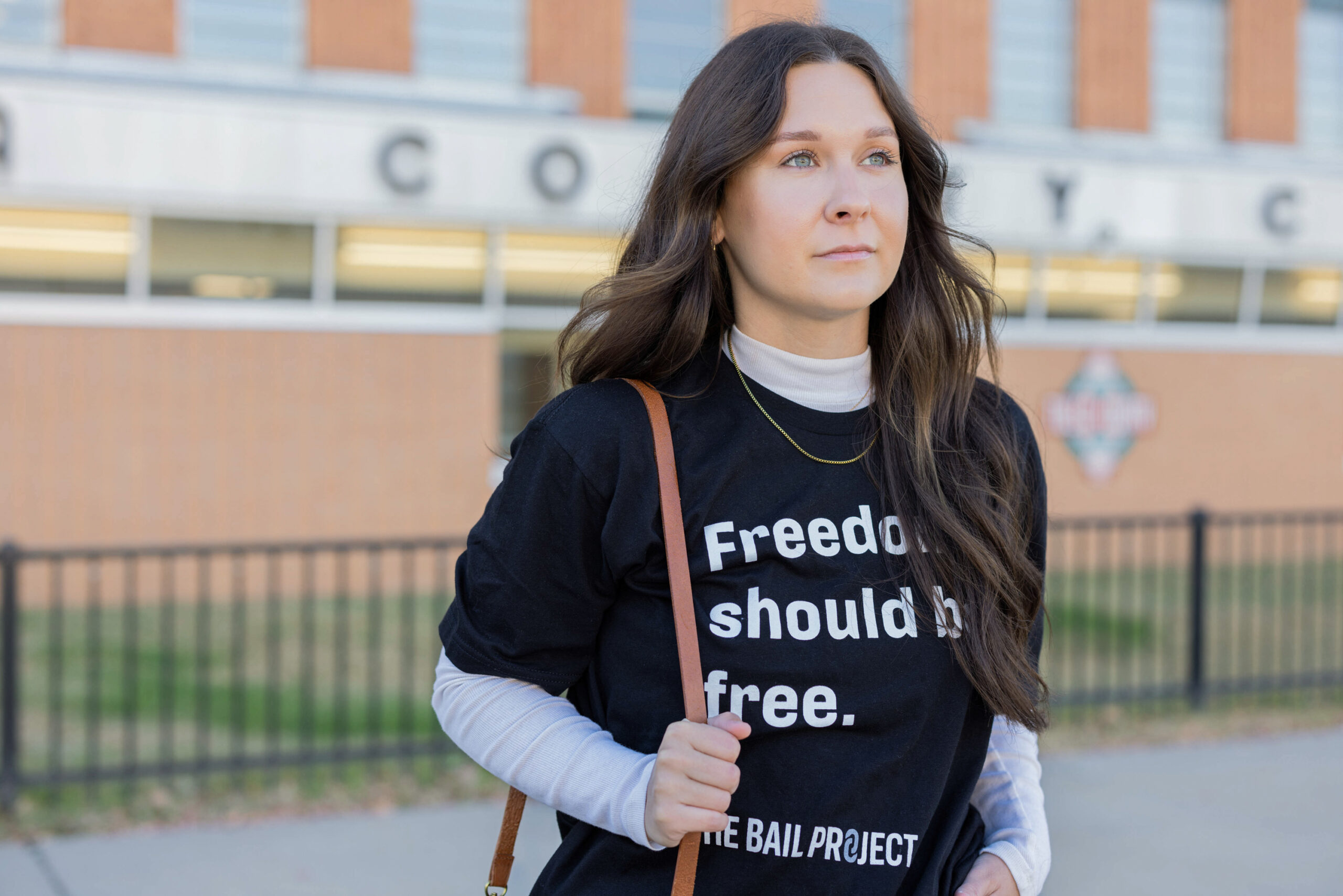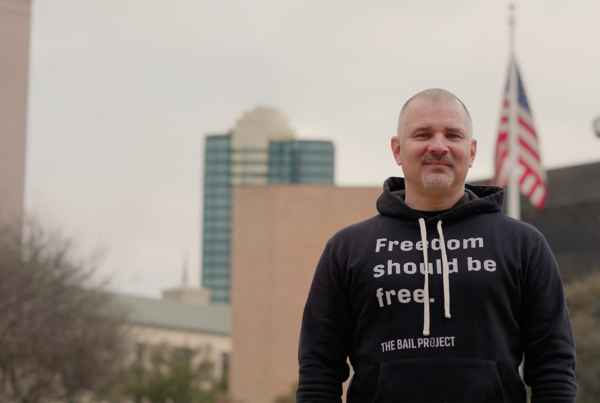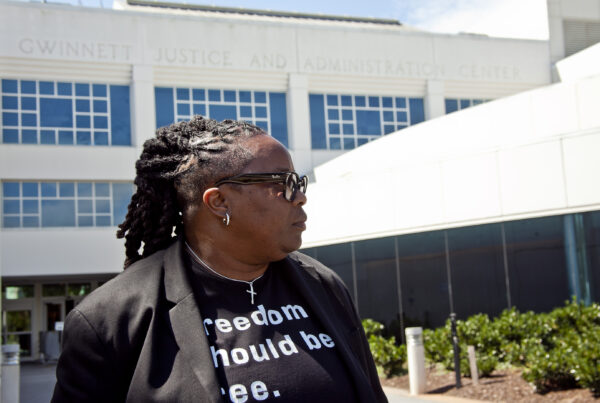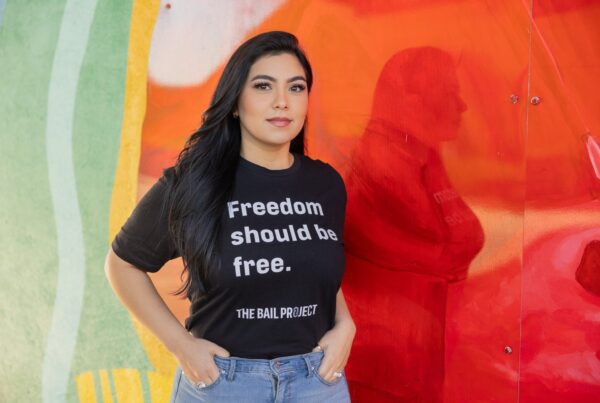At The Bail Project, our mission is clear: to provide free bail assistance to individuals in pretrial detention, ensuring that the pursuit of justice remains truly equal for all. Our commitment stems from a fundamental belief in the presumption of innocence, a principle enshrined in our country’s founding documents. Yet, as we examine the practical implications of cash bail, it becomes evident that the criminal justice system often falls short of its promises.
For those who can afford to pay their bail, the system allows a return to normalcy – to their homes, lives, and communities, as they await trial. Conversely, individuals without the financial means face prolonged separations from their loved ones and endure uncertain periods of waiting for their court cases to resolve, which sometimes takes weeks, months or even years.
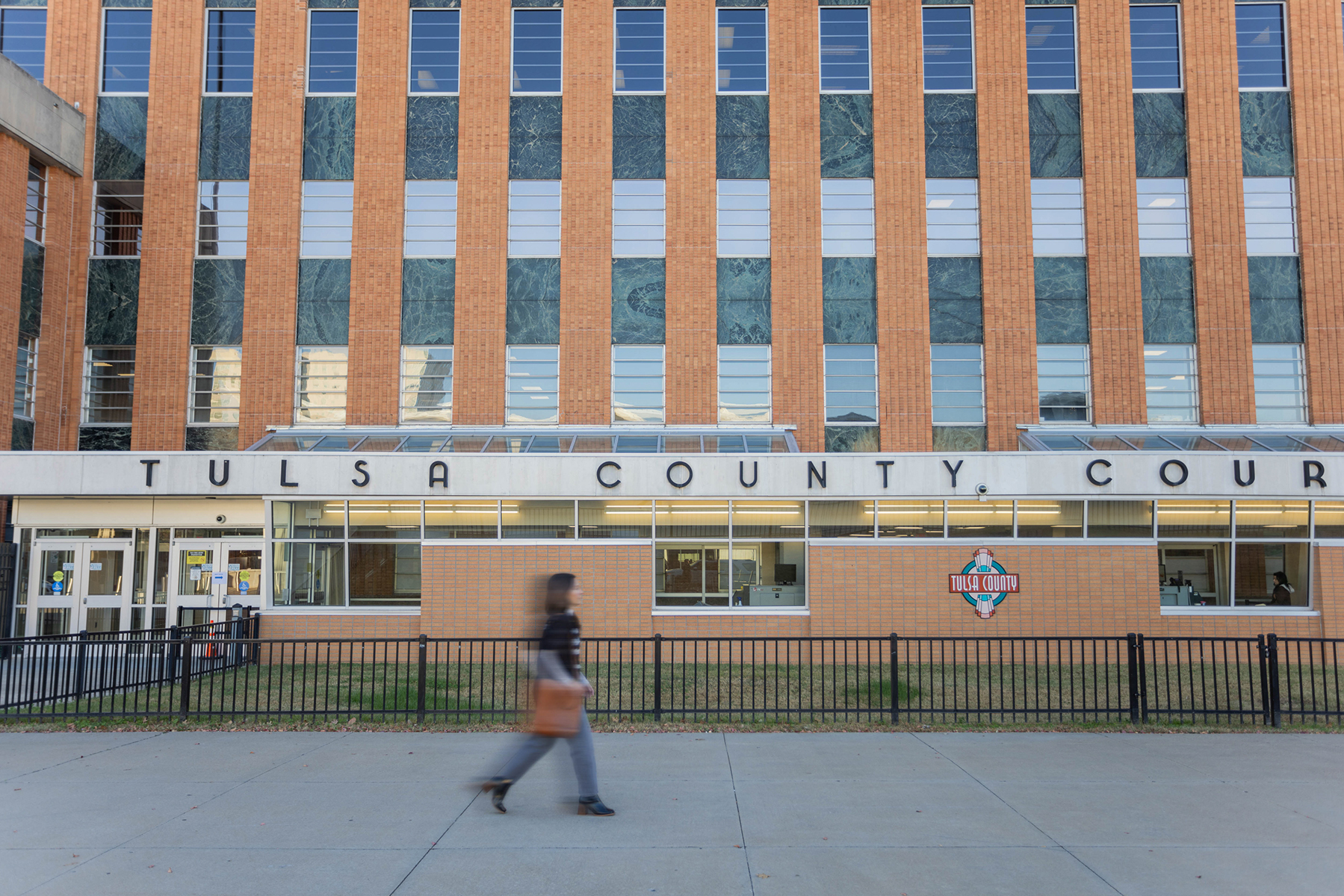
The challenges extend beyond financial constraints. Across the country, county jails are overcrowded, decrepit, and lack the healthcare and support services necessary to ensure the safety and wellbeing of those awaiting trial. This situation is particularly dire for individuals with physical disabilities because they often face additional hurdles accessing proper care while incarcerated. Our client support specialist, Mercy, for example, ran into several obstacles in Tulsa when helping a client who is deaf.
“I recently had a client who rightly refused to take a plea bargain because he knew he did not commit the crime he was accused of. My client was deaf; he read lips very well but could not sign ASL. In every court setting, I would show up and type out on my laptop what was happening in the courtroom because the court system failed to provide a method of communication. I remember feeling despair in each setting because my client felt no single person in the system cared for him. He felt alone, and he felt like a number to someone who just wanted him to plead guilty. However, at each court appearance, he would show up with such courage and continue to advocate for himself. At his last court appearance, I remember feeling anguish that still a method of communication had not been established. He again was offered another opportunity to take a plea, but he refused, and a trial date was set. The prosecutors remained adamant that they had a cooperating witness that would find my client guilty.”
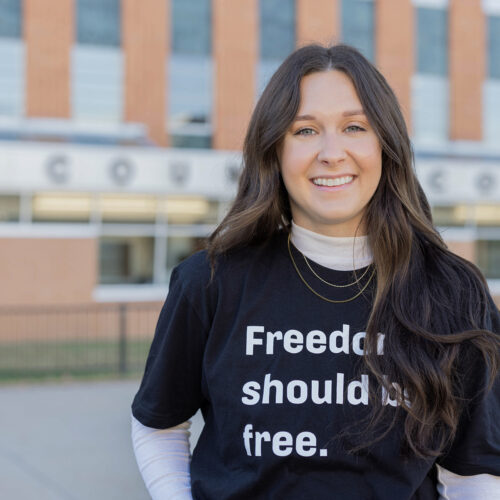
”The next day I got a call from the public defender’s office and received word from the state that they were dismissing my client’s case. I remember texting my client with such eagerness, and the next day we went to court together, and I typed out on my laptop for my client to read, ‘Your honor, the state is dismissing the case, cost of state.’”
Mercy, Client Support Specialist
Typing out the dismissal statement made by the state for her client to read was an encouraging moment for Mercy, but that came after navigating a difficult system where supportive services are limited and plea deals are the norm. Collaborating with the public defender, Mercy worked to identify proper communication methods for her client. Unfortunately, as he didn’t know American Sign Language, writing, reading, and lip-reading became his sole means of interacting with the legal system. The court system fell short in addressing his unique situation, leaving Mercy as the sole support, typing out crucial information for him during every court appearance.
Without our intervention, this client was facing unnecessary incarceration for days, months, or even years. Our assistance was crucial for him to actively participate in his defense, maintain his innocence, and fight his case from a position of freedom. The failure to provide adequate support highlights a flaw in the American criminal justice system. It reflects the systemic prioritization of wealth over public safety, resulting in unequal access to critical pretrial resources and pressuring individuals to plead guilty solely due to communication barriers and inadequate representation.
Our commitment to justice goes beyond bail payments. We understand the importance of providing support during the pretrial process. Our staff builds meaningful connections with clients as they navigate the system together. Our Community Release with Support model is rooted in community engagement, ensuring that individuals receive assistance beyond financial aid. We offer free rides to court, text reminders, and voluntary referrals to community-based services after paying someone’s bail. Our goal is to empower individuals by providing comprehensive support, addressing both immediate concerns like bail and longer-term needs for a fair legal journey.
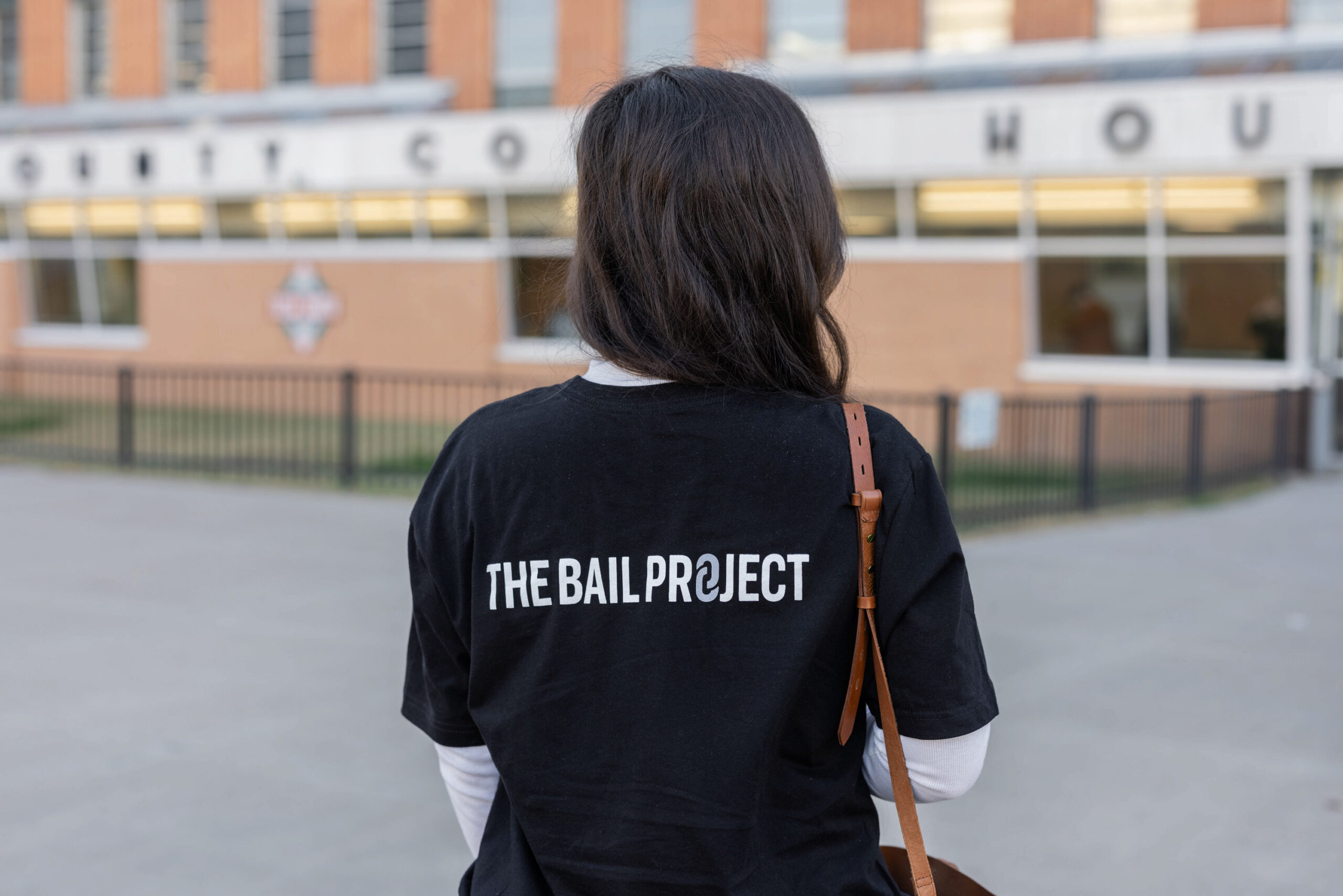
Fighting a case from a position of freedom is a privilege afforded to those who can pay bail. It enables individuals to meaningfully engage in their case, continue working, and stay with loved ones – factors that significantly reduce the risk of prolonged incarceration and increase the likelihood of a favorable outcome. The stark contrast between showing up to court dressed in a suit, after having slept at home, versus arriving in a bright jumpsuit after hours in a bus from the county jail can have a direct impact in case outcomes.
Cash bail has no place in a criminal justice system designed to ensure equal justice for all. Our mission extends beyond challenging this flawed system; it is a commitment to creating a fairer, more equitable approach grounded in evidence-based decision-making rather than financial disparity. We strive to reshape the narrative and build a justice system that stands true to its foundational principles.
Thank you for reading. The Bail Project is a 501(c)(3) nonprofit organization that is only able to provide direct services and sustain systems change work through donations from people like you. If you found value in this article, please consider supporting our work today.







